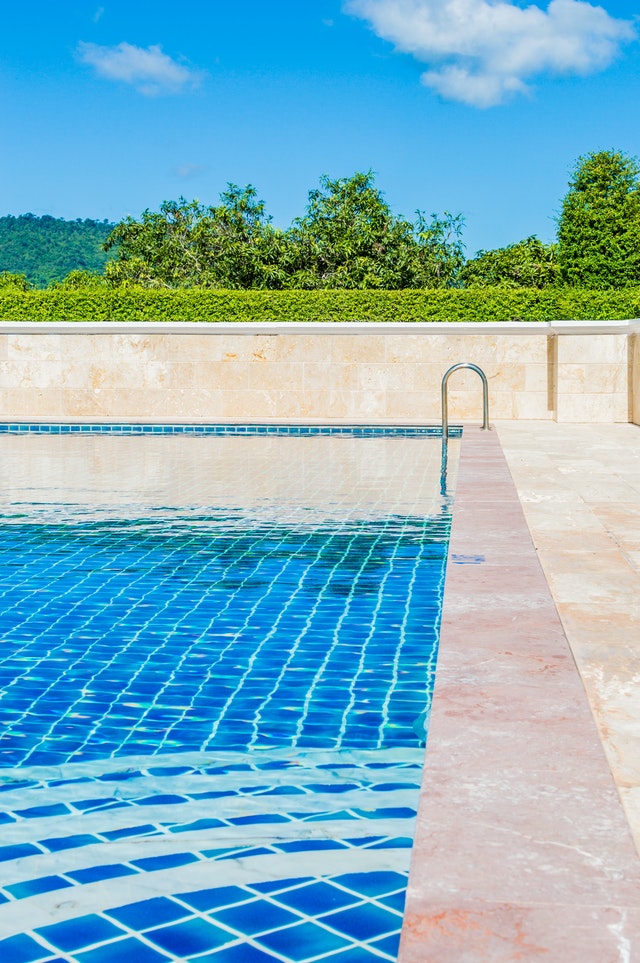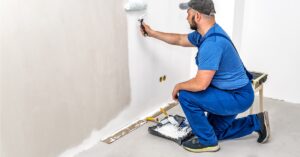
To keep your swimming pool in excellent condition, regular maintenance is key for balancing water chemistry and preventing damage to equipment. If you need ongoing service, find a pool service provider near you to handle the routine upkeep. Meanwhile, if you’re waiting to secure a regular service, this guide will assist you with daily maintenance tasks to keep your pool in good shape. Here are four tips to manage your pool upkeep effectively until you find a pool service provider near you.
Vacuum and Brush Your Swimming Pool
Vacuuming and brushing are vital ways of keeping your swimming pool free of dirt and debris. When leaves and dirt get into the swimming pool, they can interfere with the functioning of the filters. While you can skim the debris out of the pool before they sink, sometimes it can be challenging. In this case, you may need to consider a vacuum to perform the job right. Vacuuming can be a tedious and time-consuming process. But it is necessary to fight algae and maintain water balance.
Another way of keeping algae out of your pool is by brushing the walls and floor of your pool. Algae can make the floor of the pool slippery, which can make you fall and get injuries. Thus, algae presence is a sign that you should brush your pool.
Check the Swimming Pool Equipment
During the hot weather, everyone wishes to cool themselves in the pool. Due to the frequent use, your swimming pool might encounter issues such as poor water quality or excessive backwashing. Also, if you find out that the water isn’t clear, it could be a sign that the filters require replacement.
Sometimes the pool may seem like performing properly, but it might be having some issues. For instance, if your pool is making noise or not working, it is time to make some improvements. However, pool equipment repair is not easy. You don’t need to consider trial and error to assess the issue since it can cost you a lot of time. In this case, it is good to leave the swimming pool problems to an expert. Professionals understand how to deal with pool equipment and water chemistry. Thus, your swimming pool will always function properly.
Check the Water Level
Checking the water level of your pool is another maintenance practice you need to add to your routine. When the level of water is too high, it can interfere with the chemical balance. Also, it can make the skimmers and filters not perform properly. In other words, the efficiency of the filter system relies on the water level.
Besides, the skimmer can encounter damage if the water level is too low. When there is not enough water in the pool, the skimmer draws air into the filters. This can cause the motor for your pump to burn out. And because replacing the filtration system is expensive, it is vital to maintain a perfect water level. The water level can be one-half or one-third of the pool skimmer box opening.
Test the Pool Water and Add Vital Chemicals
Testing your pool water is vital to ensure water quality. High PH levels can cause skin irritation and corrosion of metal parts of the swimming pool. If the PH level is too low, it can make the chlorine in the pool to become less effective. Thus, maintaining the swimming pool PH levels in balance should not be an option if you want to enjoy using the pool.
Once you confirm proper PH levels, consider adding chemicals. These are disinfectants that help to control the growth of bacteria and algae in the water. Remember to keep an appropriate balance of chemicals to prevent skin and eyes irritation and destruction of pool equipment such as the liner, handrails, ladder, and pump.
Conclusion
Regardless of where your swimming pool is or how often you use it, having good maintenance practice is vital to keep it in good condition. Besides, who wants to relax in a dirty pool? In this case, you need to create a cleaning schedule. Also, it is helpful to schedule an appointment with an expert to ensure that the pool is running at optimal levels.


